Mixing painkillers and alcohol is a dangerous experiment. Unfortunately, many people who are dealing with chronic pain may feel tempted to do this. Doing so can cause the short-term effects to be more severe and can lead to potential long-term consequences. Understanding the potential effects of polysubstance abuse, like mixing painkillers and alcohol, can help you realize the risks that are associated with it and encourage you to find professional help.
California Centers for Recovery offers addiction help in Southern California. With detox and residential rehab programs at our luxury rehab center in we help clients heal from the physical and psychological effects of addiction. Our experienced staff provides comprehensive care that is tailored to each individual’s needs. We have a variety of evidence-based therapies and holistic healing practices that address the underlying issues that contribute to your substance use. Learn more about our opiate detox program in Los Angeles, California, by calling 877.328.5682 today.
Understanding Polysubstance Abuse
Polysubstance abuse refers to the misuse of more than one drug at a time. This can include any combination of drugs, including alcohol and prescription medications. The risk associated with polysubstance abuse is significant because different substances can interact in unpredictable ways, leading to severe health complications—including accidental overdose.
People may engage in polysubstance abuse for various reasons. Some might do it to enhance the effects of a particular drug, while others might be trying to mitigate the adverse effects of one substance by using another. Regardless of the reasons, polysubstance abuse can lead to physical dependence and addiction, posing serious threats to one’s health and overall well-being.
Commonly Abused Painkillers
Painkillers, particularly opioids and opiates, are among the most commonly abused drugs. They include medications like hydrocodone (Vicodin), oxycodone (OxyContin, Percocet), morphine, and fentanyl. These drugs are often prescribed for pain relief but can be highly addictive when used outside their medical purpose.
Over-the-counter painkillers, such as ibuprofen and acetaminophen, can also be misused. While these drugs are generally safe when used as directed, long-term use or high doses can lead to serious health issues, including liver damage, stomach bleeding, and an increased risk of heart attack or stroke.
Dangers of Mixing Painkillers and Alcohol
Mixing painkillers and alcohol can lead to dangerous outcomes. Both substances can depress the central nervous system, slowing breathing and potentially leading to accidental overdose.
Short-term effects of mixing these substances can include:
- Drowsiness
- Dizziness
- Impaired motor control
- Memory problems
- Increased risk of injury due to falls or accidents
Long-term effects can include liver damage, addiction, brain damage, and mental health conditions such as depression and anxiety.
Finding Addiction Help
If you or someone you know is struggling with addiction to painkillers, alcohol, or both, it’s crucial to seek help immediately. Treatment options can vary depending on the severity of the addiction and the substances involved, but they generally involve a combination of detoxification, therapy, and medication.
Many resources are available to help individuals and families dealing with addiction. These include hotlines, online support groups, and professional treatment centers. Remember, it’s never too late to seek help and start the journey toward recovery.
Start Alcohol and Opiate Detox at California Centers for Recovery
We provide a structured and private environment for individuals seeking addiction treatment. Our opiate detox program in Los Angeles helps clients begin their recovery journey by detoxing from opioids, alcohol, and other substances. Through our evidence-based therapies and holistic practices, we address the physical and psychological aspects of addiction and empower our clients to live a life they are proud of. Learn more and get started by calling 877.328.5682 or completing our online form.











